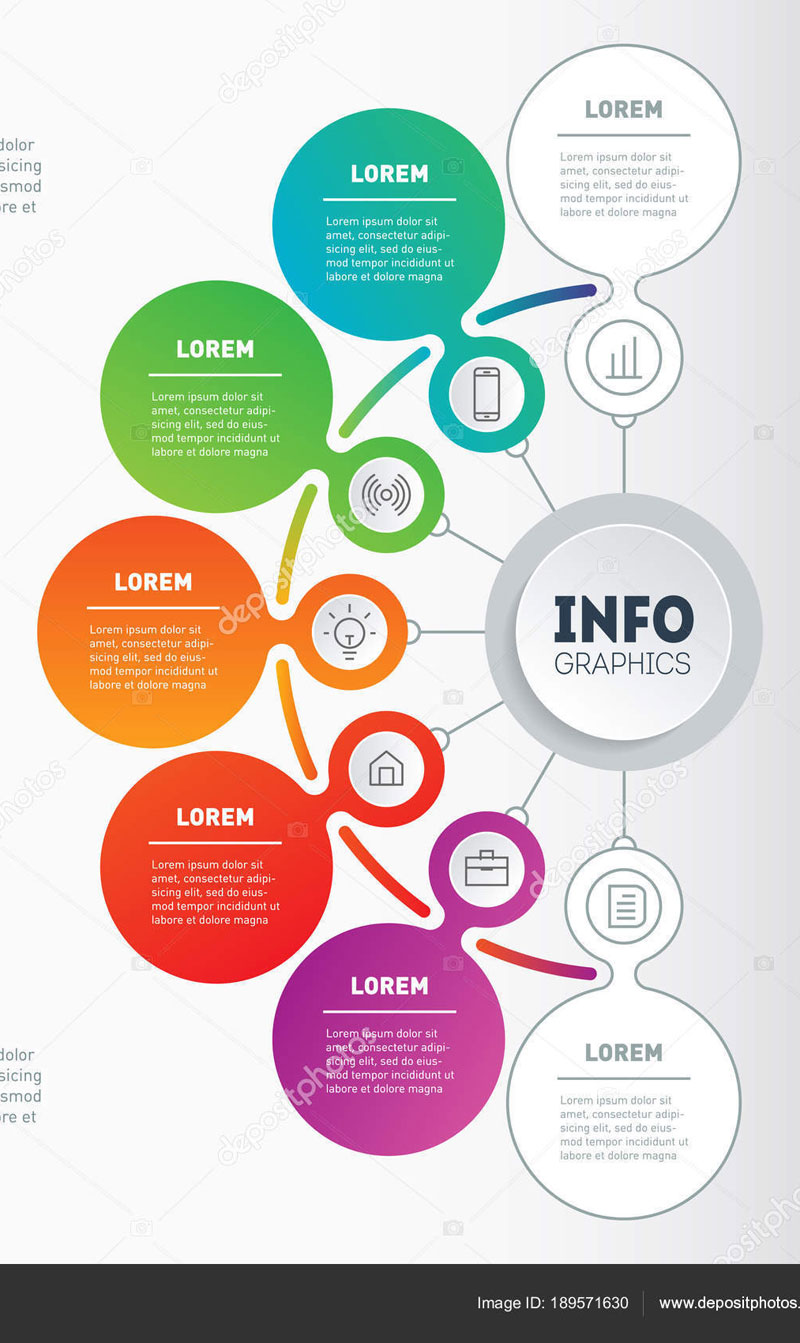While more traditional models provide a guiding set of predictions for behaviour, they are largely based on commonly-violated assumptions and provide an intensely simplified view of the world. As a result, actual observed behaviour often deviates substantially from that which is predicted by these models. Behavioural science, conversely, is a descriptive discipline and rather than being based around assumptions it observes actual behaviour.
- People aren’t robots- they aren’t entirely logical, rational or analytical – even working against their best interests in some cases. This messiness needs to be part of how we study and understand their motivation and behaviour.
- This doesn’t mean that people are always unpredictable or ‘irrational’ – on the contrary, they are using meaningful frameworks influenced by emotions, social relations, and group dynamics to make (quick) decisions in response to scarcity of mental and other resources.
- These frameworks can be uncovered and used to improve traditional models of behaviour- bringing together what people say they feel, think or believe, with what they actually do to uncover the underlying drivers of behaviour. These insights can be used to enhance traditional models in order to better understand, predict and influence human behaviour.

